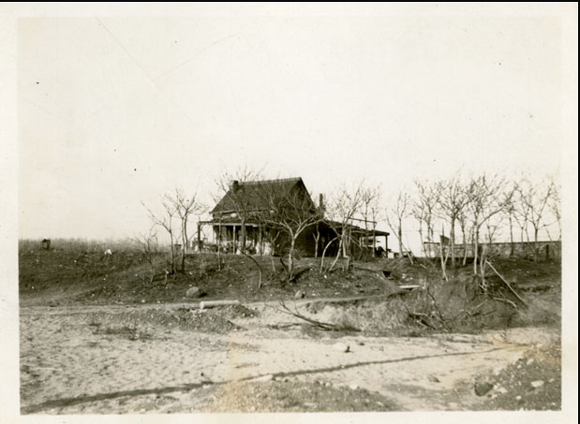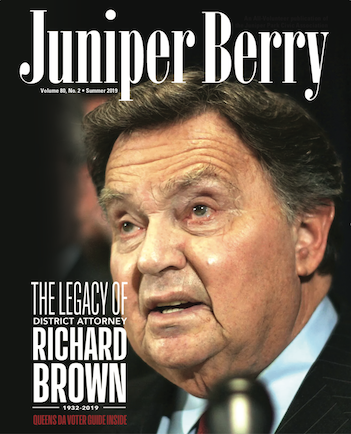Over 350 years ago, land was cheap around here. Land could be bought for a song and a dance…or at least for a shilling or two.
When James Way came to America seeking religious freedom, he decided to settle in Newtown. Along with 51 other Quaker families, he participated in the Newtown Indian Purchase of 1656 where, for two shillings, he purchased two acres of land. The land was at the western end of Maspeth and bordered on Newtown Creek. When Mr. Way lived there, the creek was a stream filled with clear water and bountiful with fish.
The Way family originally came from Somersetshire, England. They had lived there since the time of William the Conqueror and were an aristocratic family. So James continued to enjoy his elevated place in society with his large land holdings in Newtown, and later with an elected position, when his fellow residents elected him town overseer in 1676. James, together with three other men, was responsible for, among other things, advising the other residents on how to teach their children and servants about religion and laws, offering advice about the potential for future employment for the children. The town overseers were sort of a moral and spiritual police, assuring that the townspeople towed the line. They were also responsible for appointing the meat and fish inspectors.
James Way had six children; James, Francis, John, Hannah, Elizabeth and Martha. A short time before he died, James gave half of his entire estate to his son John. The other half went to his wife and would go to John once his wife died or remarried (which she did, in 1713). In addition to his father's lands John also acquired land from his sister Elizabeth's husband, Arthur in 1683. This inheritance consisted of 50 acres of land and a house on the property that is now Calvary Cemetery. John Way lived in this house until he inherited his father's property. He married Sarah in 1687 and also had six children; Elizabeth, John, Samuel, Sarah, Mary and James.
His son James married into the Alsop family, another prosperous family in this area. James amassed a large fortune with his inheritance and investments. A large portion of this fortune was left to his fellow Quakers. James was a prominent member of the group and generous supporter. The local Quaker meeting house during James' time was at the intersection of today’s Woodhaven and Queens Boulevards.
In 1760 the Quakers decided to move their meeting house to Maspeth. James gave them the land along old Fresh Pond Road (61st Street) between Maspeth Avenue and Grand Avenue. St. Stanislaus Church now sits on the land that housed the former meeting house and Quaker Cemetery.
James died in 1788. In his will, he left 1,000 pounds to the Quaker Society in Maspeth, and an additional 1,000 pounds to establish a charity school in charge of the Quaker Society. He also gave the Quakers 13 acres of land next to their meeting house and 10 additional acres at another location. He gave his grandson, Thomas, 500 pounds and several houses and acres of land. To his brother John, he gave 50 acres of land with houses.
John gave his grandfather's lands to his cousin Samuel, who held this land until his death in 1798 when the land passed to his only child, his daughter Jane. In 1815, after almost 200 years of the property belonging to the Ways, the land passed out of the family when it was purchased by Judge Garrit Furman.



